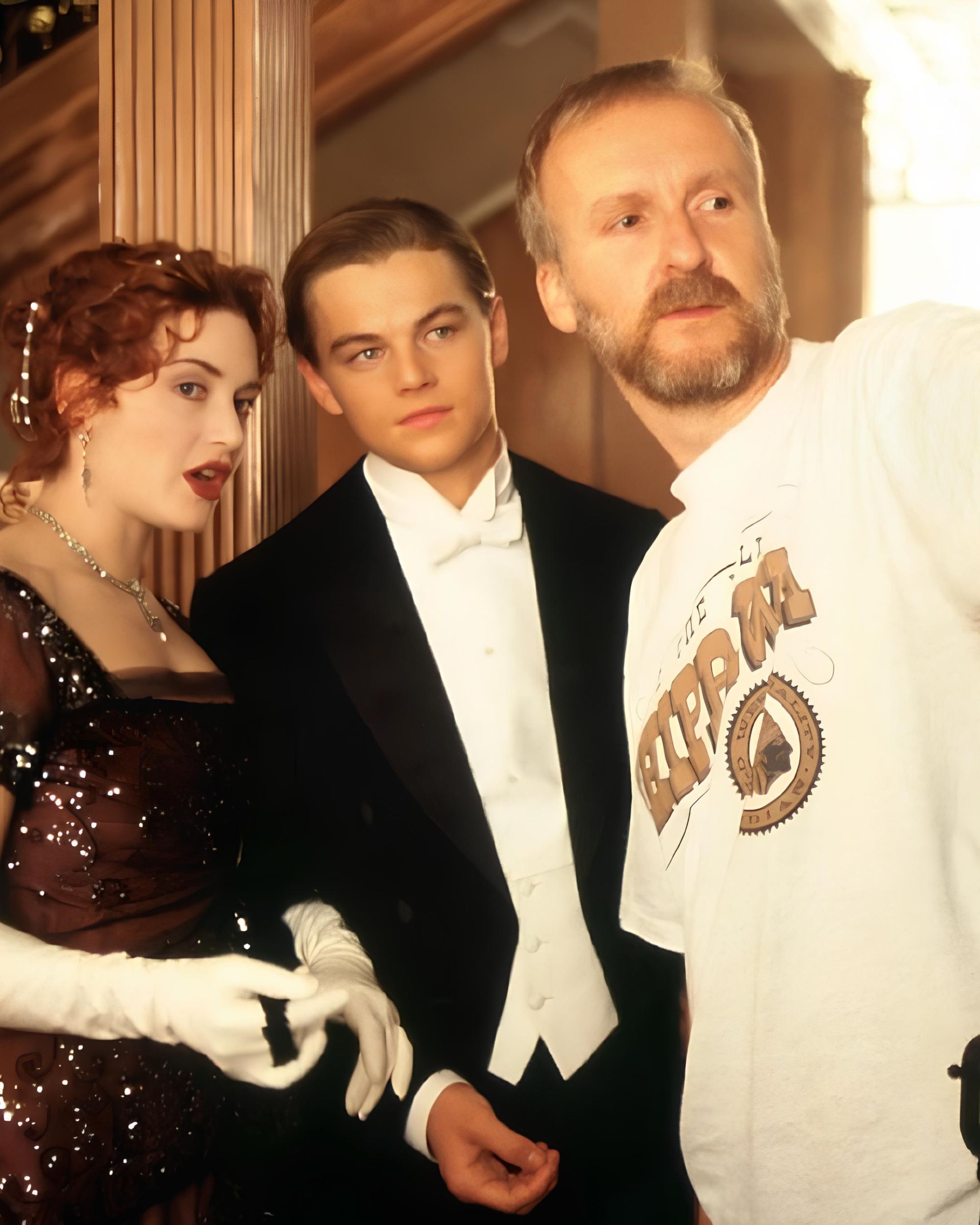
Films Are Skipping Their Theatrical Release To End Up In Streaming As 'Bombshell', 'Capone' and 'Favolacce' by D'Innocenzo brothers
The industry of cinema has been one of the most afflicted by COVID-19: movie theaters and productions are stopped until any further decision, and they will probably be the last activities to re-open. For this reason, many films scheduled to be released this spring/summer have been postponed; on the other hand, many of them just "skipped" their theatrical release to end up directly in streaming on the principal VOD (Video On Demand) platforms. That's what happened in Italy to Bombshell, the movie about Fox News sexual misconduct scandal, that earlier this year was an Academy Awards® nominated (with Charlize Theron, Nicole Kidman and Margot Robbie); Capone with Tom Hardy, that will be released online from May 12, 2020 (it could also hit the theaters, but not before of next year); then Favolacce, the film by Italian directors Fabio and Damiano D'Innocenzo that won the Silver Bear at the last Berlinale.
Following its big opening in the US (more than $112 millions of incomes, despite the virus), The Invisible Man with Elisabeth Moss was scheduled to be released in Italy on March 5, 2020, distributed in Italy by Universal Pictures; instead, Universal uploaded it online from March 27, 2020 on more than one platform (Chili, Infinity, Rakuten TV, Tim Vision and Sky Primafila Premiere). Next to it, Universal released Emma, the new adaptation of Jane Austen's comedy, The Hunt, a horror movie with Emma Roberts; Bloodshot, with Vin Diesel and Guy Pearce. Trolls World Tour was released on April 10, 2020 on many different platforms, including Chili and Apple TV; Prime Video (in addition to Bombshell) uploaded I Still Believe and Le prince oublié by Michel Hazanavicious (Academy Award® winner with The Artist); Paramount Pictures has sold Netflix the right to The Lovebirds; the new film by Kenneth Branagh Artemis Fowl will be online on Disney+ from June 12, 2020. Finally, the new film from the Scooby Doo franchise, Venom 2 and The King of Staten Island (an auto-biographical comedy with Pete Davidson, directed by Judd Apatow) will not even see the theaters.
For a lack of a better alternative, the streaming release is for now the only solution to keep the industry working and alive. From an economical point of view, eliminating the exclusive period of time in which films are exclusively owned by theatrical releases will mean good for the Studios (at least, for the ones in Hollywood): the marketing and production costs will be lower, and this type of deals guarantees that the 80% of all the incomes of the on demand premium are still going to the Studios. Obviously, this decision met the favor of the streaming companies: this way, they for the exclusivity on many and many titles that attract the public. Considering overabundance of contents (especially of Spanish productions), it's no surprise that since this year has started, Netflix already registered more than 16 millions new users from all the world (+22,8%).
The streaming market is not new to some experiments in the distribution process. In 2018, it released Roma by Alfonso Cuarón (winner of the Golden Lion at Venice Film Festival) firstly in a few selected theaters (in Italy, the film came out on December il 3,4,5 thanks to the Cineteca di Bologna), then it released it online on December 14, 2018; a few months later, the film won three Academy Awards® (Best Director, Best Cinematography, Best International Feature Film). Recently, The Irishman by Martin Scorsese (that only came out on Netflix) was streamed more than 26 millions times in its first week of release.
For many films that are taking this path, some movies decided to do the opposite and to postpone their releases when the emergency will be almost over. It's no coincidence that the movies that have been postponed are the ones with the highest-crossing budgets: the movies that will not get what they are expecting in terms of incomes if they'd get only a streaming release. For example, Marvel postponed its entire calendar, starting from Black Widow and followed by all the titles of its Phase 4; Fast & Furious 9 – The Fast Saga, scheduled for May 21, 2020 will come out on April 2, 2021; The Batman with Robert Pattinson has been postponed from June 2021 to October 1st, 2021.
If we look at the industry of cinema from a wide point of view, we see that in this particular moment the real problem is not about the management of those contents, but about their production: whether they're postponed or released on different devices, the industry will be relatively calm until its stocks will begin to run over. On the other hand, we can't ignore the fact that - as it happens in every crisis - it will be the so-called "weak link" to pay the highest consequences. This time, that weak link is represented by the theaters (that were already suffering from the rising of on demand services and the hegemony of multiplexes). To borrow the words of a famous title: all quiet on the Western front.
It's soon to use apocalyptic tones and fuel up useless controversies: there's still to know for how long theaters are going to stay closed and what will be the real economical damage. Still, the problem is real: even the Academy (the organization behind the Academy Awards®) announced that for next year's nomination it will consider also the films that are not getting a theatrical release (in opposition to their usual regulation). It would be very naive to hide behind the false hope of a simple "everything will be alright".






































































